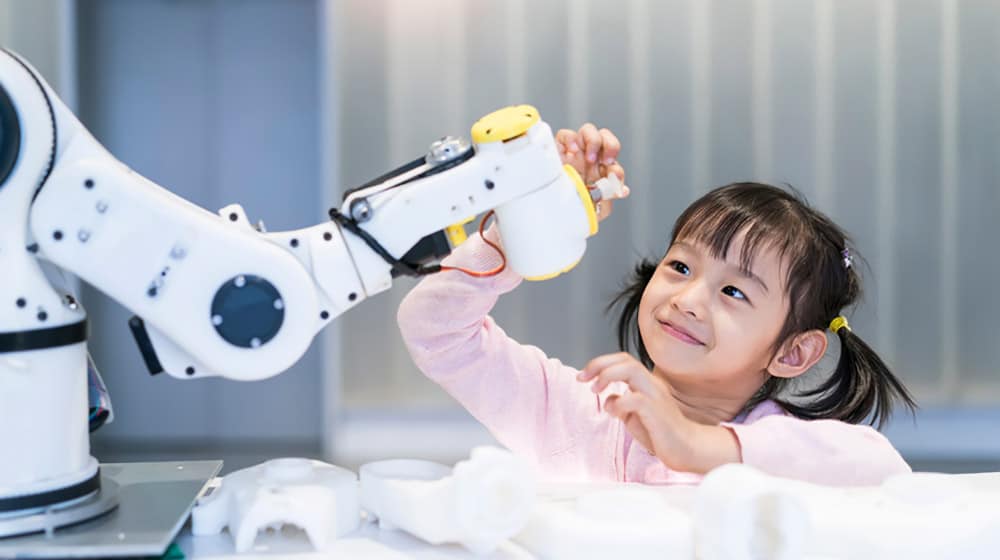University to develop assistive robots to help reduce anxiety in children and allow people to ‘visit’ their relatives

Researchers at the University of Sheffield are helping create intelligent assistive robots that can reduce anxiety in children and enable family to ‘visit’ their elderly or disabled relatives.
The major five-year research project aims to create life-changing assistive devices for elderly and disabled people, improving their quality of life and helping carers and relatives.
One of the main focal points for the researchers is to develop animal-like companion robots that could help reduce anxiety in children in a hospital setting.
The university will also be developing telepresence robots – video screens on wheels raised to head height that can be controlled remotely using a smartphone app.
These robots will enable relatives and social workers to ‘visit’ elderly people more often, removing the barriers of distance. The elderly patient doesn’t need to operate the device, leaving them free to interact with their social worker or family.
Funded with a Wellcome Trust Humanities and Social Sciences Collaborative Award, the £1.5 million project will work closely with a variety of disability groups throughout the UK, who will play a vital role in shaping the initiative.
It will include researchers from the universities of Sheffield, Leeds, Dundee and Exeter as well as international partners in the US, Japan and Sweden.
In addition to the project partners, the Sheffield group will work with Sheffield Children’s NHS Foundation Trust, with researchers at Carnegie Mellon University in the USA and Kyushu Institute of Technology in Japan, and with the University of Sheffield spin-out company Consequential Robotics.
Research at the University of Sheffield will be led by Professor Tony Prescott and Dr Michael Szollosy from Sheffield Robotics and the University’s Department of Computer Science. The team will conduct participatory design activities with children and older adults with disabilities with the aim of co-designing and prototyping next generation assistive technologies.
Professor Prescott said: “We are excited to work with researchers from the medical humanities to understand how culture influences the ways in which people relate to, and use, different kinds of robot technology in real-world contexts such as classrooms, hospital wards and people’s homes.
“Our aim in this project is to work closely with people with disabilities in order to understand how assistive robots could help them and to design new kinds of assistive robot technologies that they find appealing and useable.”

